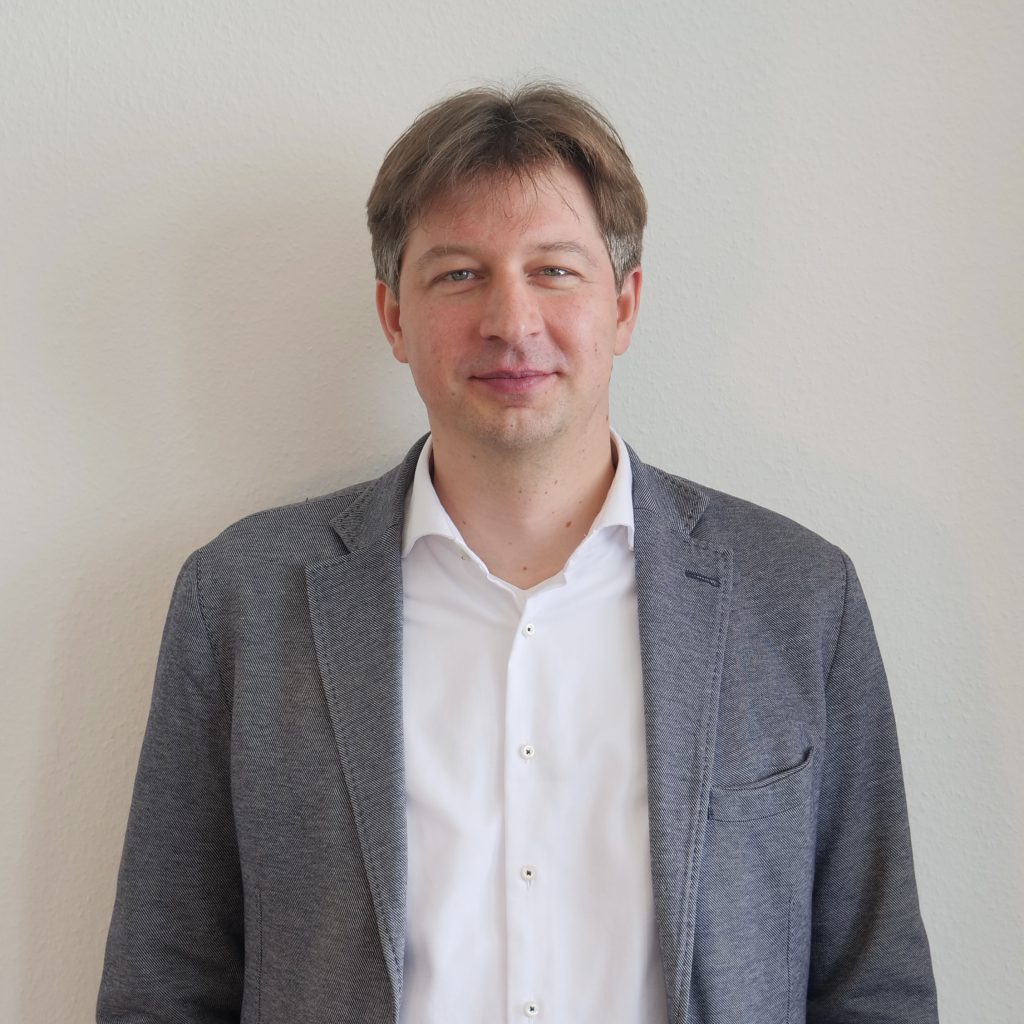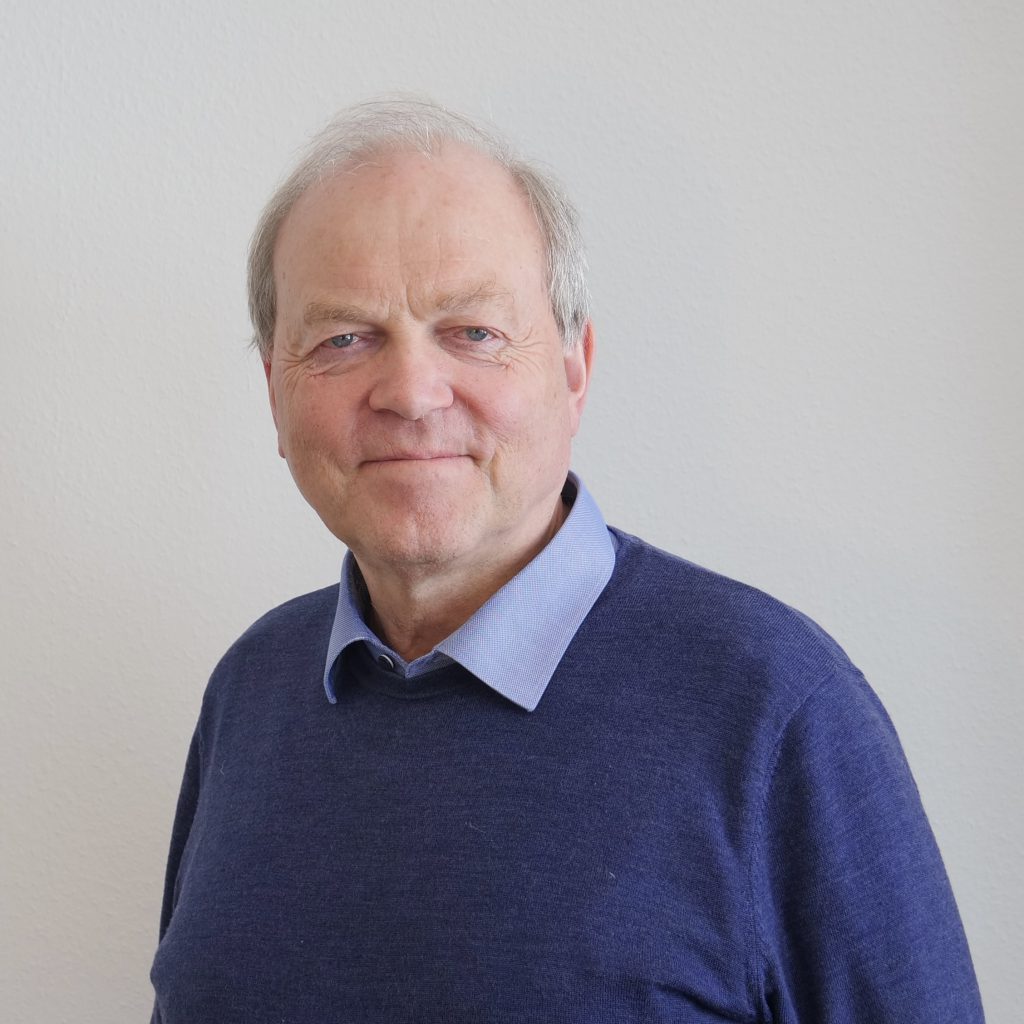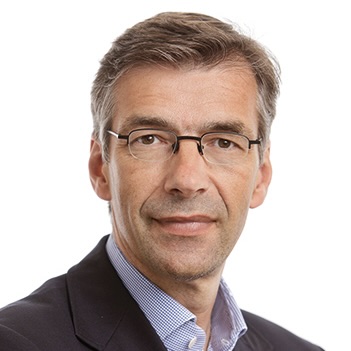






Supervisors:





Bio:
Lotta Rahlf is based at the PRIF – Peace Research Institute Frankfurt in Germany and in her doctoral project, Lotta systematically compares quality management in the field of preventing and countering violent extremism across Europe. Alongside her supervisors in the VORTEX doctoral network, Julian Junk and Tore Bjørgo, Lotta is co-supervised by Christopher Daase since her doctoral project is registered with the Goethe University Frankfurt. Previously, Lotta worked in the PrEval Project at PRIF, a research and transfer project that analyses and develops formats and structures to strengthen evaluation and quality management in extremism prevention, democracy promotion and civil education in Germany. She graduated with a “Master of Letters” in “Terrorism and Political Violence” from the University of St Andrews in the United Kingdom and obtained her undergraduate degree in “International Relations and International Organization” at the University of Groningen in the Netherlands.
Doctoral Project:
The institutionalisation of evaluation has garnered significant academic attention across various policy fields, particularly in development cooperation and public policy. In these areas, analytical frameworks and indicators have been developed to assess and measure the extent of institutional embedding of evaluation. However, one field remains largely unexplored: preventing and countering violent extremism (P/CVE) – a highly politicised domain of considerable security and societal importance where evaluation has so far played only a minor role. Investigating the institutionalisation of evaluation and quality management in this field could provide critical insights into this paradox. The VORTEX doctoral project ‘The Institutionalisation of Quality Management in Preventing and Countering Violent Extremism’ adapts an existing analytical framework for measuring the institutionalisation of evaluation to the field of P/CVE, highlighting its unique characteristics. This is then used for an analysis of 13 European countries, mapping quality management efforts in their respective P/CVE fields and linking those to their chosen P/CVE approach over time. The combination of an in-depth description of 13 country contexts with a subsequent systematic comparison based on the theoretical indicators closes a research gap and at the same time offers much-needed opportunities for cross-national learning. Based on the assumption that causal complexity is underlying different degrees of institutionalisation of quality management in the P/CVE field, the doctoral project employs a Qualitative Comparative Analysis (QCA) to identify necessary and sufficient conditions for a high degree of institutionalisation. Such a causal analysis should examine whether the combination of a few factors, namely the exposure to terrorist attacks, the centralisation of the P/CVE landscape, the degree of civil society involvement and the time of publication of the first national action plan against violent extremism may explain a high level of institutionalisation.
Publications:
Journal Articles
Rahlf, Lotta (2024), “Participatory Theatre for Preventing Violent Extremism Through Education – Reflections on Prospects and Preconditions,” Journal for Deradicalization 39 (Summer 2024), https://journals.sfu.ca/jd/index.php/jd/article/view/909
Lewis, James, Sarah Marsden, Adrian Cherney, Martine Zeuthen, Lotta Rahlf, Chloe Squires, Anne Peterscheck. ‘Case Management Interventions Seeking to Counter Radicalisation to Violence and Related Forms of Violence: A Systematic Review,’ Campbell Systematic Review 20 (2), https://doi.org/10.1002/cl2.1386
Rahlf, Lotta. ‘From Democratic Resistance to Hostility against a “Covid-Regime” – Conspiracy Theories as Cross-Milieu Catalysts of Radicalization,’ Studies in Conflict & Terrorism (Spring 2023): https://doi.org/10.1080/1057610X.2023.2169894
Rahlf, Lotta. ‘End-to-End Encryption and Counterterrorism – Untying the Gordian Knot with State Hacking?’ Short Paper Series of the Centre for Terrorism and Political Violence (Autumn 2022): https://cstpv.wp.st-andrews.ac.uk/research/occasional-papers/
Rahlf, Lotta. ‘Beyond Healthy Skepticism: Exploring German News Media Framing of Terrorism-Affiliated Women Returnees,’ Studies in Conflict & Terrorism (Winter 2021): https://doi.org/10.1080/1057610X.2021.2017395
Grey literature
Rahlf, Lotta. Historical Context and the Good Lives Model. Centre for Research and Evidence on Security Threats (CREST), 11.04.2024, https://crestresearch.ac.uk/resources/historical-context-and-the-good-lives-model/
Munden, Hanna Paalgard, Sarah Marsden, Md Kamruzzaman Bhuiyan, LoMa Rahlf, Hanna Rigault Arkhis, Aimee Taylor, Good Lives in Right-Wing Extremist Autobiographies, Centre for Research and Evidence on Security Threats (CREST), 10.10.2023, https://crestresearch.ac.uk/resources/good-lives-in-right-wing-extremist-autobiographies/.
Rahlf, Lotta. P/CVE in Europe. Still dominated by the state. IAPSS Review 1, https://crestresearch.ac.uk/comment/p-cve-in-europe-still-dominated-by-the-state/
Transfer publications
Kober, Marcus, Rahlf, Lotta, Logvinov, Mikhail, Junk, Julian, Becker, Helle, Kindlinger, Marcus (2024): Bericht der Zukunftswerkstatt Evaluationsdatenbank, Frankfurtam Main, https://preval.hsfk.de/fileadmin/PrEval/Bericht_ZW_Evaluationsdatenbank.pdf
PrEval Monitor 2024: Extremismusprävention, Demokratieförderung und politische Bildung durch Evaluation stärken. Ergebnisse und Empfehlungen aus dem PrEval-Netzwerk, PrEval Monitor, 1. Auflage, Frankfurt am Main. https://doi.org/10.48809/PrEvalMon24
Bressan, Sarah, Ebbecke, Sophie, Rahlf, Lotta (2024): How Do We Know What Works in Preventing Violent Extremism? Evidence and Trends in Evaluation from 14 Countries, GPPi Report, Berlin, https://gppi.net/media/BressanEbbeckeRahlf_How-Do-We-Know-What-Works-in-Preventing-Violent-Extremism_2024_final.pdf
